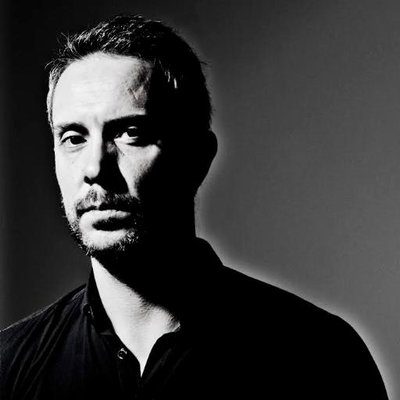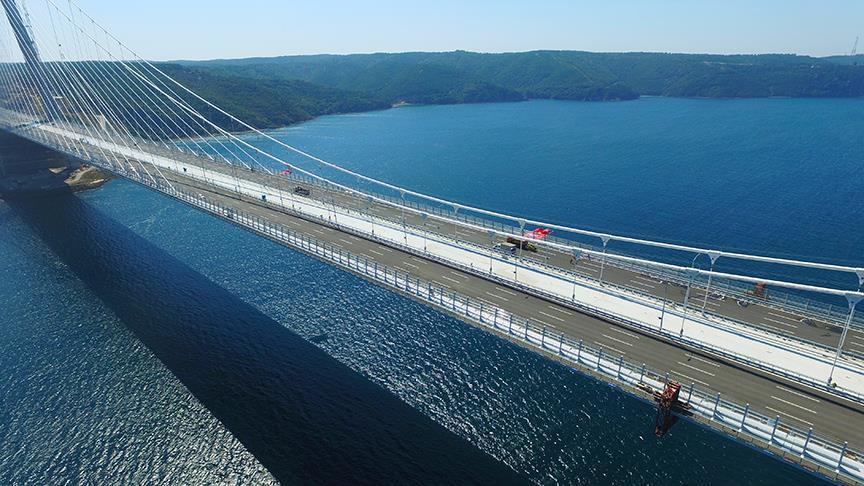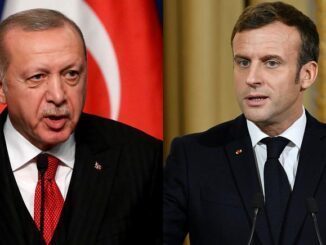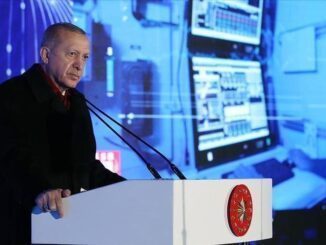
BY: MELIH ALTINOK*
President Recep Tayyip Erdoğan’s address to the U.N. General Assembly was promising as it initiated a long-overdue debate. What has the U.N. done so far? Is there a problem with its philosophy or function? In fact, both are problematic.
The prevention of a new global war, which would be a disaster for millions of people, was announced as the main objective of the U.N., which was founded to find “peaceful solutions” to global problems in 1945. As such, it would protect human rights, prevent countries from interfering in one another’s internal affairs and set some “criteria” for interference in countries planning to initiate war. Have the dozens of U.N. subsidiaries, which were founded to achieve this target, as well as thousands of pages of agreements and gorgeous meetings, really worked?
Definitely not! Since the day the U.N. was founded, millions of people have lost and are still losing their lives. Every day, a new preventable massacre is added to others in Bosnia and Herzegovina, Iraq, Libya, Yemen and Rwanda. As a result of the pressure on regimes that ignore U.N. resolutions, millions of people have become refugees and human rights violations have reached terrible levels.
Despite including superpowers, the U.N. is not a deterrent. It fails to secure its official headquarters, let alone protect third parties. Hardly a day goes without Israel and Syrian dictator Bashar Assad storming a U.N. aid convoy.
Well, what must be done? The U.N. must start with Erdoğan’s proposal that the Security Council, the guarantor of peace and security, must be reformed. The privilege of the U.N. Security Council, which the five victors of World War II – China, France, Russia the U.K., and the U.S. – designed in order to observe their own interests rather than to protect world peace, must be ended. This is because these five privileged permanent members of the council act in accordance with their national interests, rather than universal criteria like peace and human rights while making the U.N.’s decision of interferances.
As a result, we face an oligarchic structure that prevents the Security Council from taking action against aggression in any part of the world and that disallows any decision of interference and sanctions going against their own interests.
This privilege causes the U.N. Security Council’s five permanent members, which determine the destiny of the U.N., to be the greatest violators of human rights in the world. The sidetracks like “temporary membership,” which are dedicated to hide the Security Council’s function and relieve dissent must soon be abandoned and all member countries should be granted equal voting rights. Therefore, the majority of U.N. members, which have only the right to abide by the decisions made, must rebel.
In light of the perspective suggesting that “The world is bigger than five,” as the Turkish delegation has reiterated in recent years, the U.N. can do something for peace by making up for the harm that it does to world peace.
*Melih Altinok is a Turkish columnist. He writes for Daily Sabah Turkish newspaper
(Published in Daily Sabah on Thursday 22, 2016)



